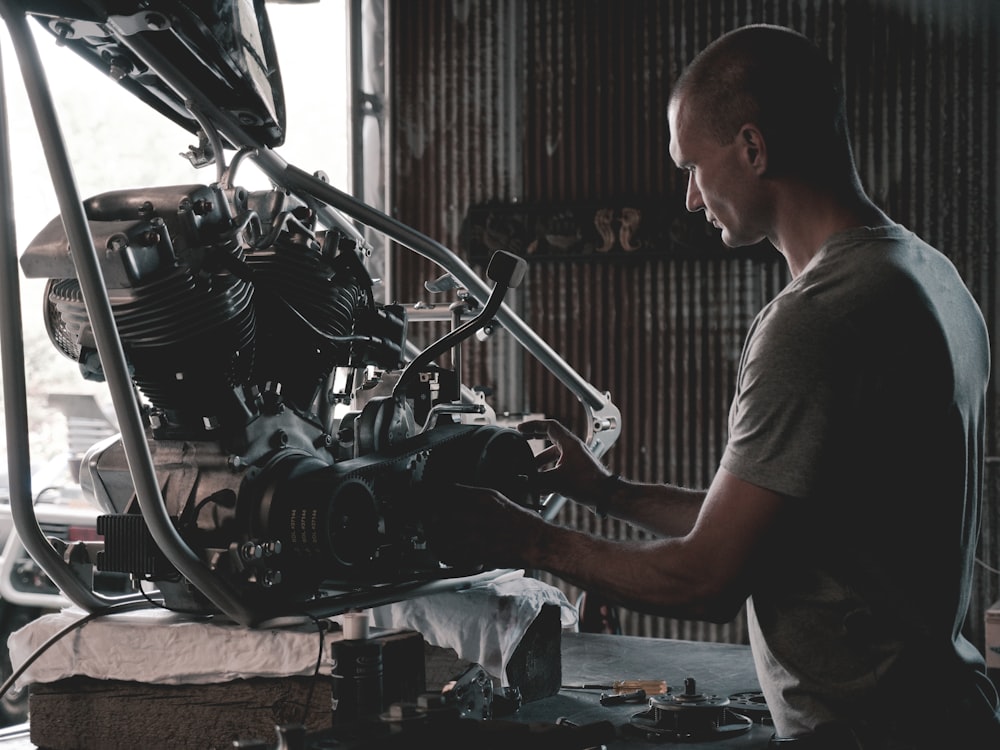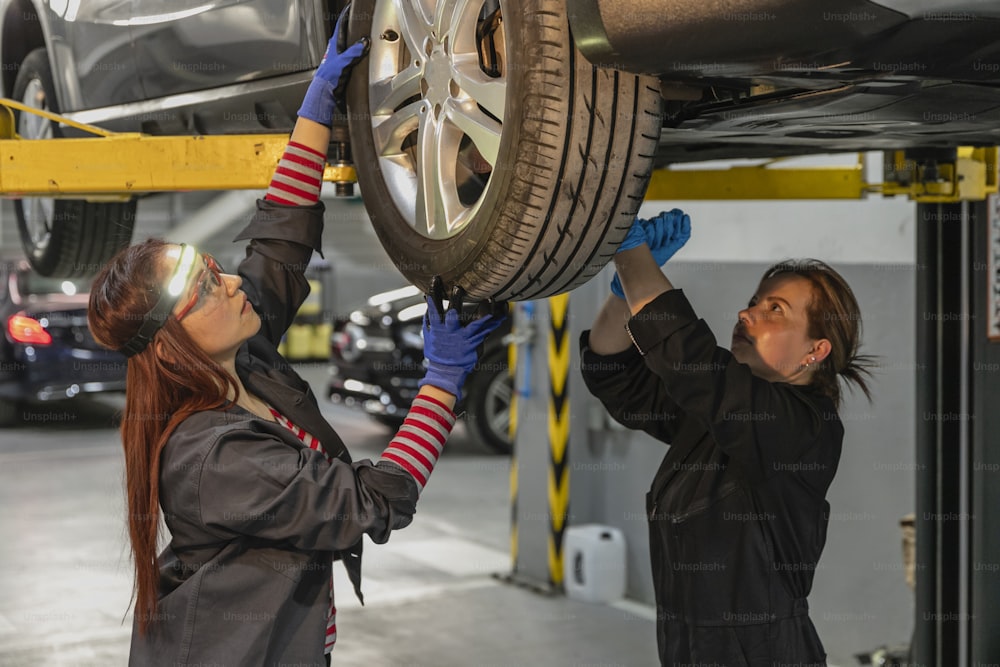
Introduction
Maintaining your vehicle with regular repairs and maintenance is crucial for ensuring its longevity, performance, and safety. Whether you’re dealing with routine maintenance or unexpected repairs, understanding the basics of auto repair can save you time and money while keeping your car in optimal condition.
Relevance and Importance
Proper auto repair practices not only enhance your vehicle’s reliability but also prevent costly breakdowns and accidents. This guide covers essential auto repair tips, common issues, and how to choose a reliable repair shop.
Essential Auto Repair and Maintenance Tips
Regular Maintenance
Oil Changes
Regular oil changes are vital for keeping your engine lubricated and running smoothly. Follow the manufacturer’s recommended oil change intervals.
Tire Rotation and Balancing
Rotating and balancing your tires every 5,000 to 7,500 miles ensures even wear and extends their lifespan.
Brake Inspections
Regularly inspect your brake pads, rotors, and fluid levels. Replace worn components to maintain optimal braking performance.
Fluid Checks
Check and replace essential fluids, including coolant, transmission fluid, brake fluid, and power steering fluid, to keep your vehicle running smoothly.
Air Filter Replacement
Replace the engine air filter every 15,000 to 30,000 miles to ensure proper airflow and engine efficiency.
Common Auto Repair Issues
Engine Problems
Common engine issues include overheating, misfires, and strange noises. Regular maintenance and timely repairs can prevent major engine damage.
Transmission Issues
Watch for signs of transmission problems, such as slipping gears, delayed shifting, and unusual noises. Addressing these issues early can prevent costly repairs.
Electrical System Failures
Issues with the electrical system, such as a dead battery, faulty alternator, or malfunctioning lights, should be addressed promptly to avoid breakdowns.
Suspension and Steering Problems
Suspension and steering issues can cause a rough ride, uneven tire wear, and difficulty steering. Regular inspections and repairs are crucial for safe driving.
Exhaust System Issues
A damaged exhaust system can lead to increased emissions, reduced fuel efficiency, and loud noises. Regular inspections can help identify and fix issues early.
DIY Auto Repair Tips
Basic Tools
Invest in a basic set of tools, including a socket set, wrenches, screwdrivers, pliers, and a jack. These tools are essential for most DIY repairs.
Safety First
Always prioritize safety when performing repairs. Use jack stands, wear protective gear, and ensure the vehicle is on a flat surface before starting work.
Step-by-Step Guides
Use step-by-step guides and video tutorials to help with DIY repairs. Ensure you understand the process before attempting any repairs.
Know Your Limits
Recognize when a repair is beyond your skill level and seek professional help to avoid causing further damage to your vehicle.
Choosing a Reliable Auto Repair Shop

Reputation and Reviews
Check online reviews and ask for recommendations from friends and family to find a reputable repair shop with a track record of quality service.
Certifications
Look for shops with certified technicians, such as those with ASE (Automotive Service Excellence) certification, indicating they have the skills and knowledge to perform repairs correctly.
Transparent Pricing
Choose a repair shop that offers transparent pricing and detailed estimates. Avoid shops that provide vague or unclear pricing information.
Warranty and Guarantees
Select a repair shop that offers warranties or guarantees on their work. This ensures that any issues arising from the repair will be addressed at no additional cost.
Customer Service
Evaluate the quality of customer service, including how the staff communicates and addresses your concerns. A good repair shop will prioritize customer satisfaction.
Preventive Maintenance Tips
Follow the Maintenance Schedule
Adhere to the manufacturer’s recommended maintenance schedule to keep your vehicle in optimal condition.
Address Issues Promptly
Don’t ignore warning signs or minor issues. Addressing problems early can prevent them from becoming major, costly repairs.
Keep Records
Maintain detailed records of all repairs and maintenance performed on your vehicle. This can help with future diagnostics and resale value.
Use Quality Parts
Always use high-quality, OEM (original equipment manufacturer) parts for repairs to ensure the best performance and longevity.
Conclusion
Regular auto repair and maintenance are essential for keeping your vehicle safe, reliable, and efficient. By understanding common issues, performing DIY repairs when possible, and choosing a reputable repair shop, you can ensure your car remains in top condition. Following preventive maintenance tips will help you avoid costly repairs and extend the life of your vehicle.